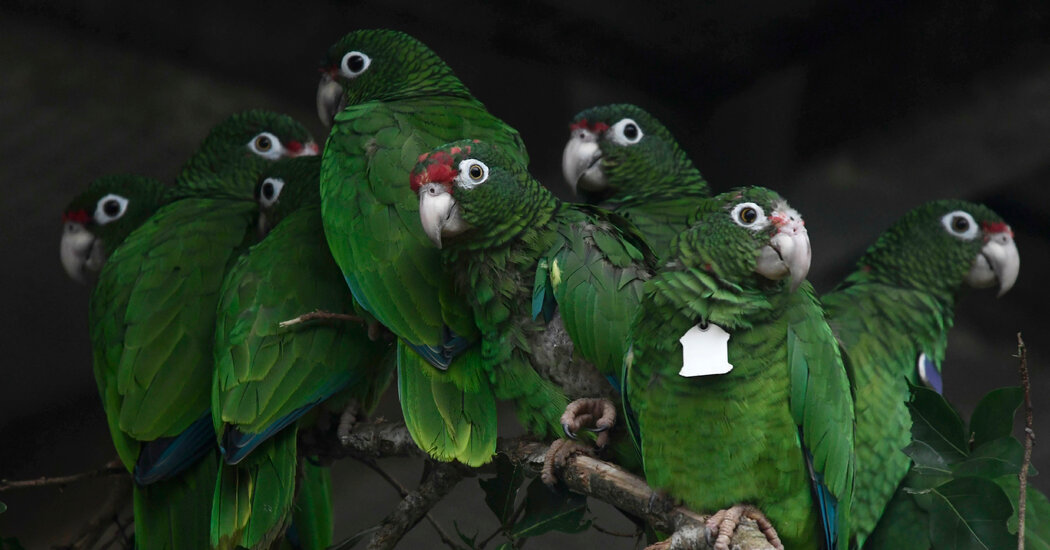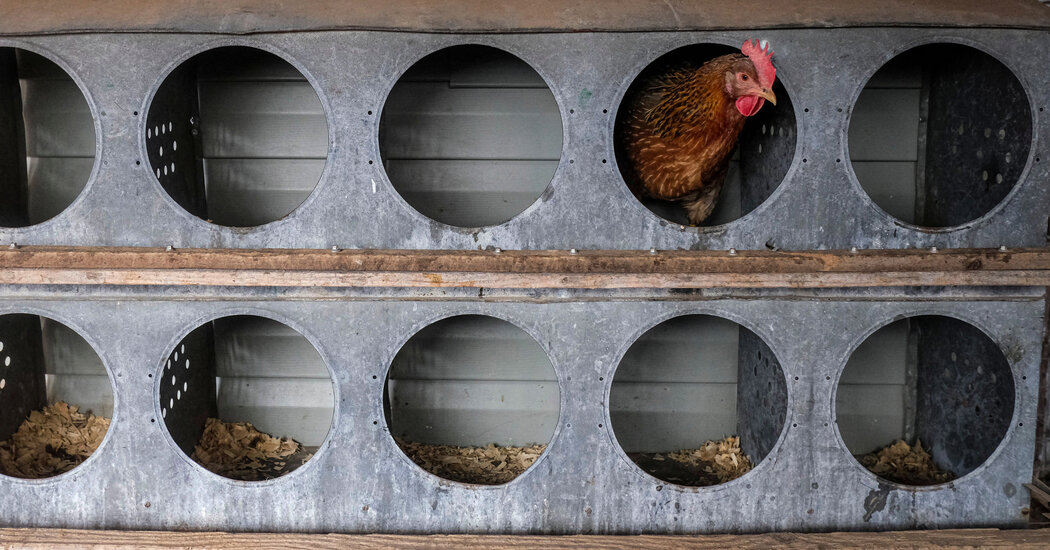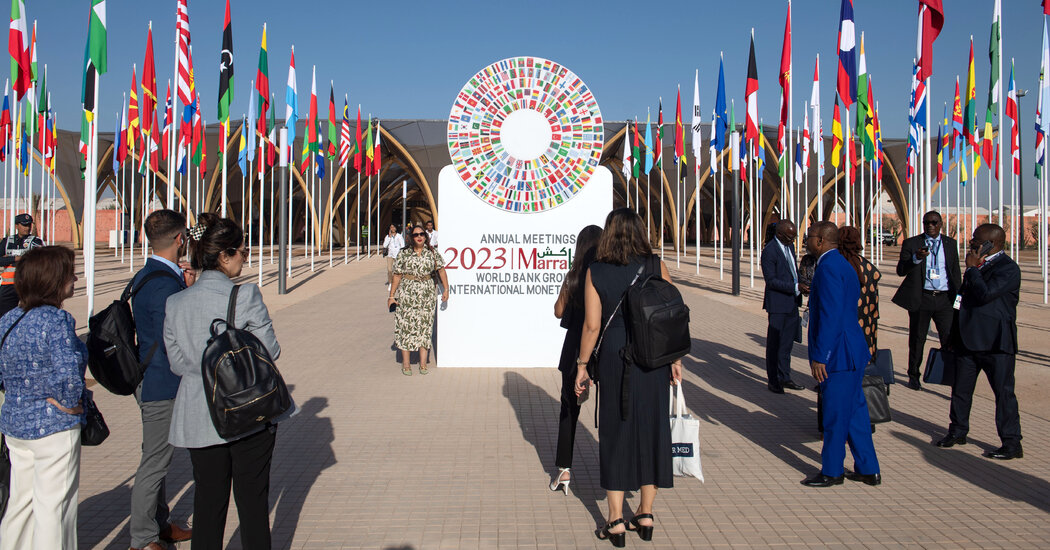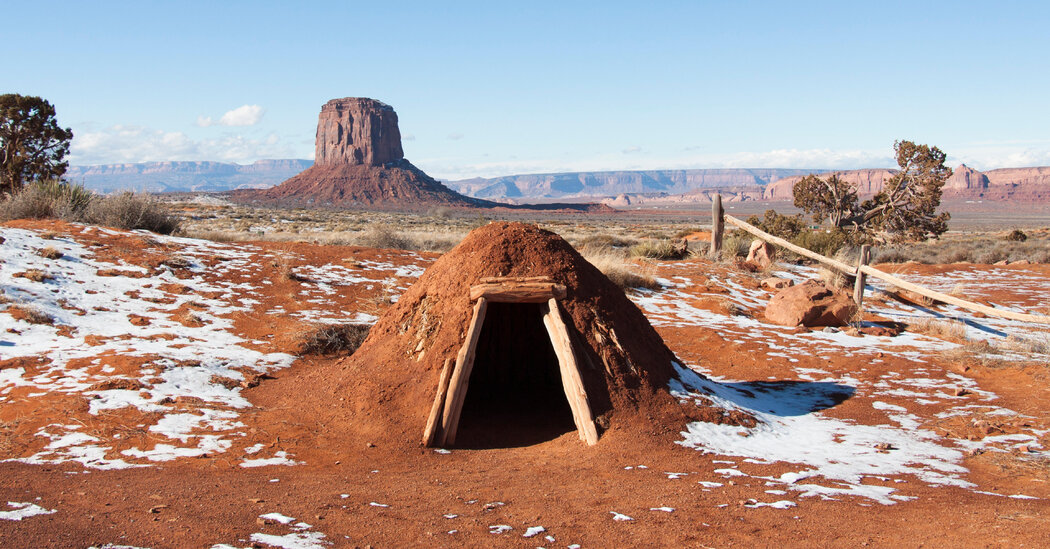But since the 1980s, spring snowmelt in Siberia has been arriving earlier by an average of half a day a year. The insects now emerge, breed and die before the young knots hatch out. Many of the young birds are malnourished and die before they learn to fly. Those that do manage to arrive in Africa are 20 percent smaller and lighter than those measured there in the early 1980s.
Crucially, their beaks, which they use to find the clams buried in the African shoreside mud, are also shorter — too short to reach the clams they need to survive. And so the knots are dying. Half a million were counted in one muddy bay in Mauritania 40 years ago. By 2022, 400,000 of them had disappeared. Everything is in the connections: The overwarmed spring air on the shores of the Arctic Ocean, 5,000 miles away, is killing birds in West Africa.
Again and again, Welz opens windows onto this kind of reorienting, troubling beauty. In every case, evolved precision meets and succumbs to the inadvertent clumsiness of global warming. Welz does not like the term “climate change”; he prefers “global weirding,” a phrase, he says, that “conveys the novelty and strangeness of the climate crisis.”
Welz is wary of the anthropomorphic trap. He doesn’t emote in response to the suffering of starving chicks or lost dolphins. There is something wider in play here than the failure of individual lives: a world in the mad condition of withdrawing sustenance from itself. But his restraint can itself be moving.
He describes the plight of the iguaca, the endangered green parrot of Puerto Rico. Under human hands, its forest has shriveled and, thanks to global warming, the hurricanes are wetter and more devastating than ever. In the wild, the iguacas had a rich and voluble language, full of alerts and suggestions by which the flock evaded predators and found food. After conservationists, who were worried for the future of the parrot, took some eggs and raised the chicks in a rescue center, the human-bred parrots were returned to the wild. But they went back as avian Kaspar Hausers — diminished, inarticulate and disconnected, never having learned the language of the tribe. And when the wild birds were almost entirely killed in a series of hurricanes, the language itself died.











